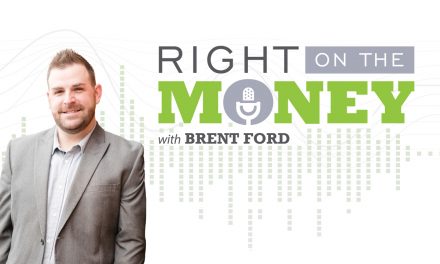The proliferation of financial information has investors increasingly reliant on trusted advisers for direction and clarity.
Trust is the overarching theme in an investor/adviser relationship. Tools and processes are available to help the evaluation process. The search for a trusted adviser should be client-driven, with an emphasis placed on qualification and compatibility.
The complexities surrounding retirement planning have nearly eliminated the DIY (Do It Yourself) option, and placed a premium on finding a retirement plan specialist who is above all else, trustworthy. Adviser trust can transcend the overload of information resulting from retirement investment options and regulations, and can facilitate the design and implementation of a once-in-a-lifetime plan.
But with 75,000 financial advisers in the United States, where does the selection process start? First and foremost, seek a specialist who prioritizes the needs of you, your family, and any desired legacy within your tolerance for risk, and who operates from a position of full disclosure.
Exercise due diligence in your search, and seek an adviser who displays the following attributes:
Transparency
Information about the adviser should be transparent, accessible and subject to verification. This can begin by searching free public domains like LinkedIn or a personal or company web site. Alternatively, BrokerCheck (www.brokercheck.finra.org) is an online resource that collects more substantive information, and is not authored by the subject. The site will tell you the adviser’s current employment status, years in service, certifications and exams completed. More revealing will be any documented write-ups that could call the adviser’s actions into question. These instances can also be found within the department of insurance for the state where the adviser is registered and can serve as a red flag. Using these online tools allows insights to an adviser before any contact is made, saving time and potential discomfort.
Accredited
On a tactical level, a trusted adviser should be fully-licensed and and accredited to offer a full-range of investment and insurance options to serve the many aspects of your plan. This protects against hiring someone who has biases, or, who is captive to a narrow range of company-sponsored choices.
Collaborative
A trusted adviser will narrow the field of options and cover essential information like fees, historical returns and risk-tolerance compatibility, that allow you to make a decision without being inundated with minutiae. Retirement planning should be viewed as a collaborative process, with emphasis placed on the adviser’s expertise and reliability.
Forthcoming
A willingness to provide a written proposal that includes investment rationales and allocations is essential. It should address worst-case scenarios, and how you can have peace of mind during times of market volatility. A letter of engagement that summarizes both sides’ obligations in plain English, and not industry jargon, is another component of a proposal from a trustworthy adviser.
With guidelines in place, seek proposals from 3 – 5 candidates, and even ask for references. Beware of candidates who display a hustler or herder disposition, or who quickly delegate you to a junior colleague. Understand that the adviser’s job is to earn your business by fitting your selection criteria, and by providing a roadmap for your life that’s consistent with your resources and vision.
Syndicated financial columnist Steve Savant interviews retirement income certified professional and investment adviser representative Tripp LeFevre on Who’s Telling the Truth About Annuities. Right on the Money is a weekly financial talk show for consumers, distributed as video press releases to 280 media outlets and social media networks nationwide.





